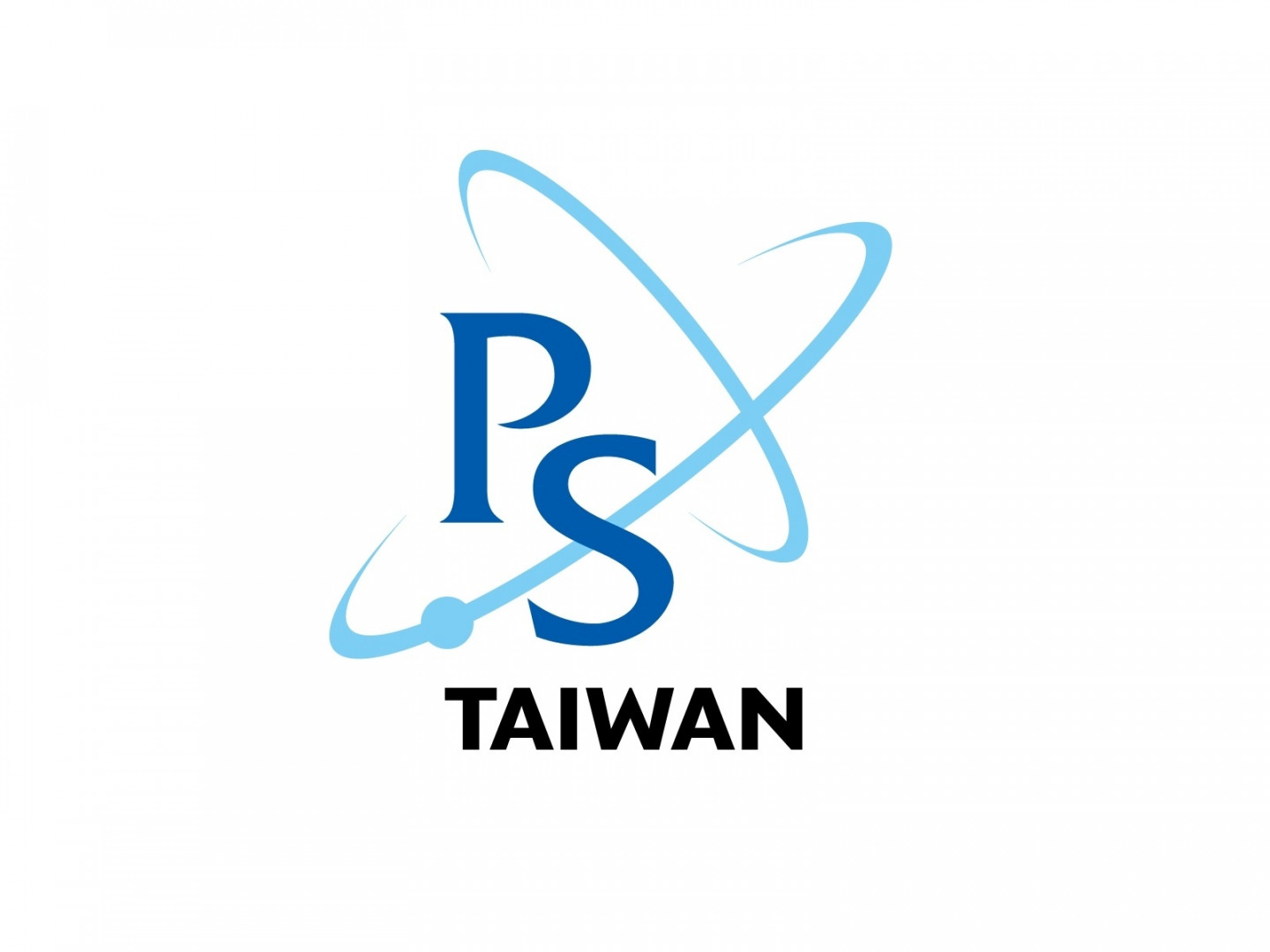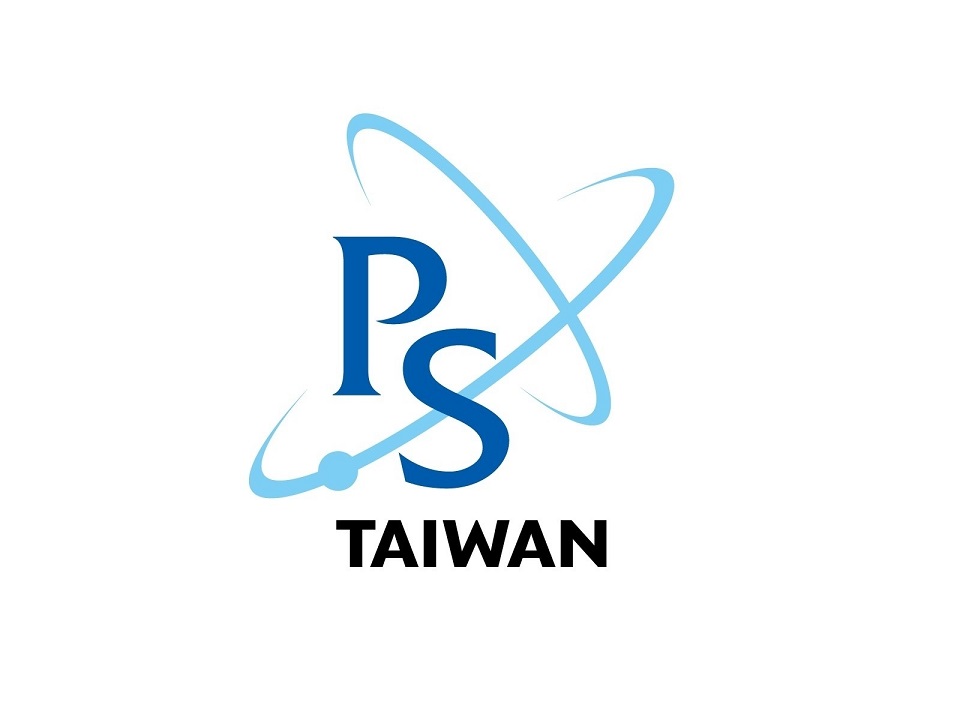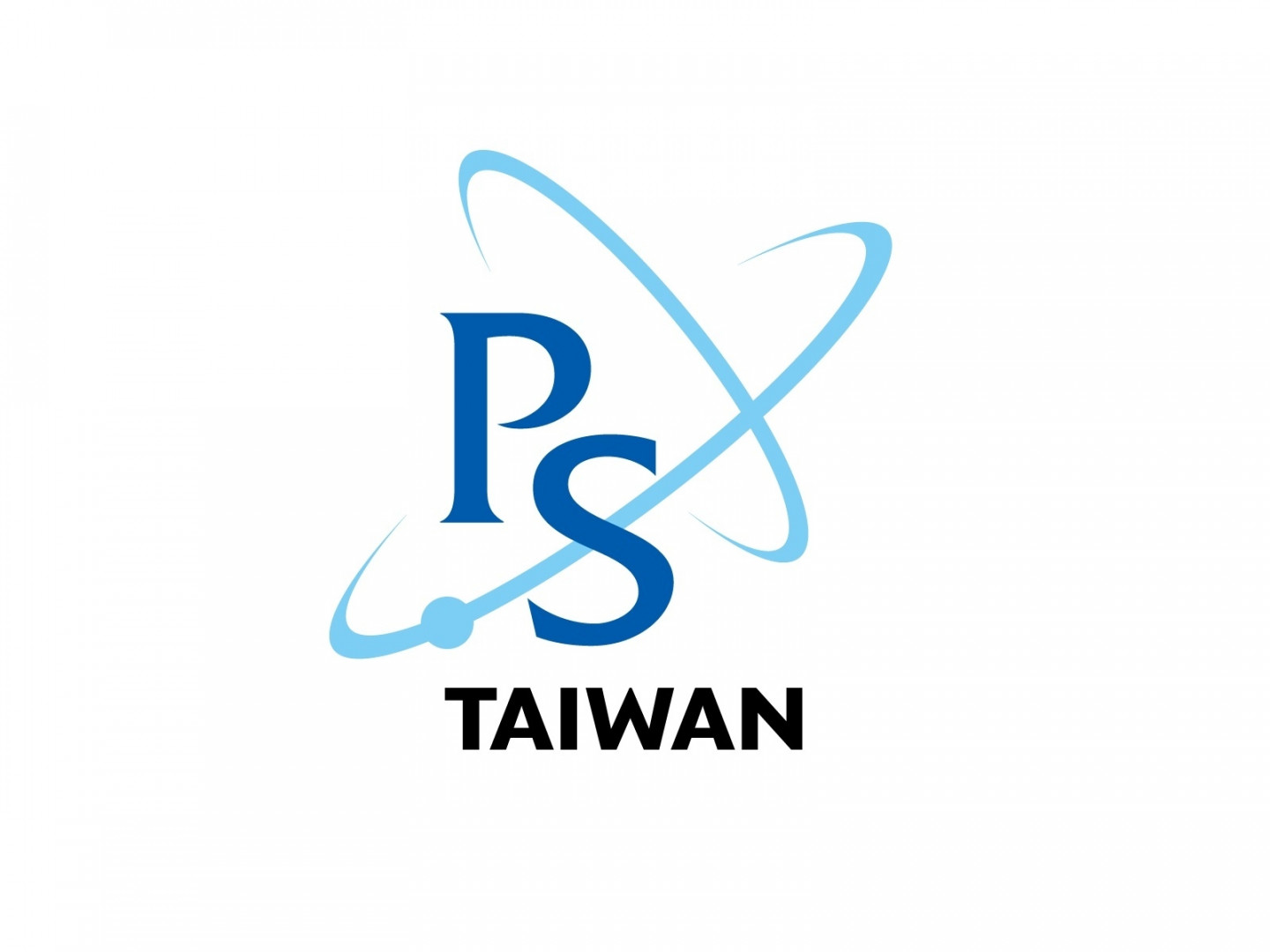
政大應用物理研究所誠徵專任教師乙名
一、徵聘職位:專任助理教授(含)以上一名二、資格:具物理或電機相關之博士學位者,且有博士後研究經驗或相關教學研究資歷三、領域與條件:理論物理及科學計算領域為優先。能教授物理研究所核心課程,例如:統計力學、量子力學、電動力學等其中一門,並能教授電子物理學士班之應用數學、工程數學等課程。具「英語教學」能力,具中文讀寫及溝通能力。四、檢附資料:個人履歷最高學歷及相關學經歷證明(如為外國學歷,應於相關駐外館處辦妥驗證)教師證書影本(無者免附)論文著作目錄及數篇代表著作全文未來之研究計畫可開授課程及教學計畫,及相關教學經驗推薦函三封,請推薦人逕以電子郵件寄至 physics@nccu.edu.tw其他有利於申請之相關證明或文件填寫專任教師應徵資料表(如附檔)五、收件日期:收件至聘到適合人選為止,請E-mail電子檔至physics@nccu.edu.tw郵件標題請註明「應徵應物所教師」(若檔案過大請以雲端硬碟分享) 六、擬起聘日期:最早113學年第1學期(113年08月01日) 七、聯絡人:邵小姐Tel: 02-29393091轉67767E-mail: physics@nccu.edu.tw公告連結: https://phys.nccu.edu.tw/PageDoc/Detail?fid=4340&id=23679
徵才訊息 / 2024-01-25
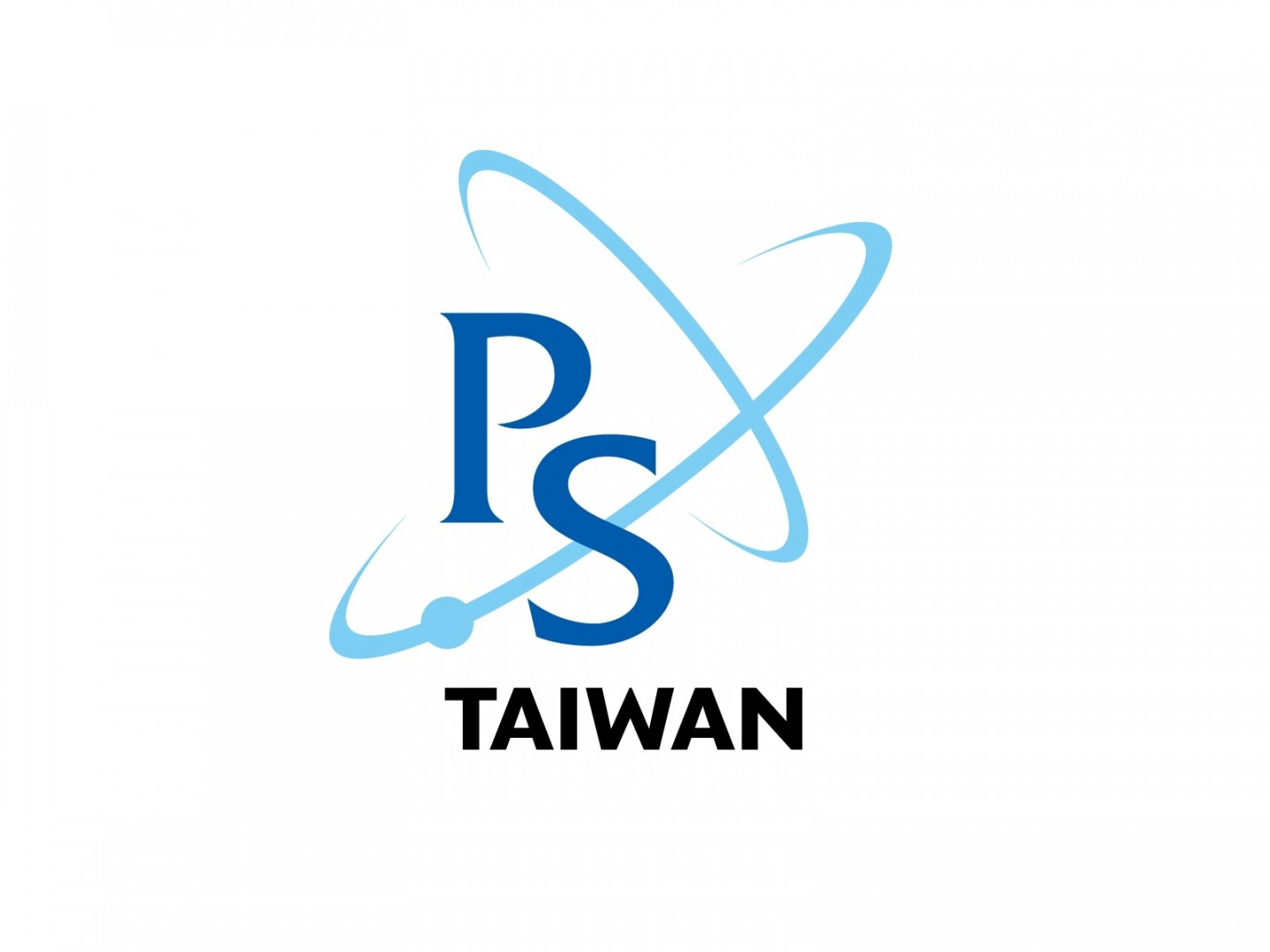
2024年各學部執行委員當選人公告
恭喜以下各學部執行委員當選人,名單如下:粒子與場學部-第三屆執行委員當選人王子敬 中央研究院物理研究所 特聘研究員陳凱風 國立臺灣大學物理學系 教授陳俊瑋 國立臺灣大學物理學系 特聘教授王名儒 國立臺灣大學天文物理研究所 教授楊毅 國立成功大學物理學系 教授凝態物理學部-第二屆執行委員當選人羅志偉 陽明交通大學電子物理系教授楊展其 國立成功大學物理系 教授陳祺 中研院應用科學中心 副研究員楊仲準 中央大學物理系 教授許華書 國立屏東大學應用物理系教授林俊良 國立陽明交通大學電子物理系 副教授物理生物與生物物理學部-第二屆執行委員當選人林耿慧 中央研究院物理所研究員陳俊榮 國家同步輻射研究中心研究員阮文滔 中國醫藥大學生物醫學影像暨放射科學學系副教授吳國安 國立清華大學物理學系副教授張宜仁 國立臺灣師範大學物理學系副教授 中華民國113年1月18日
學會公告 / 2024-01-18
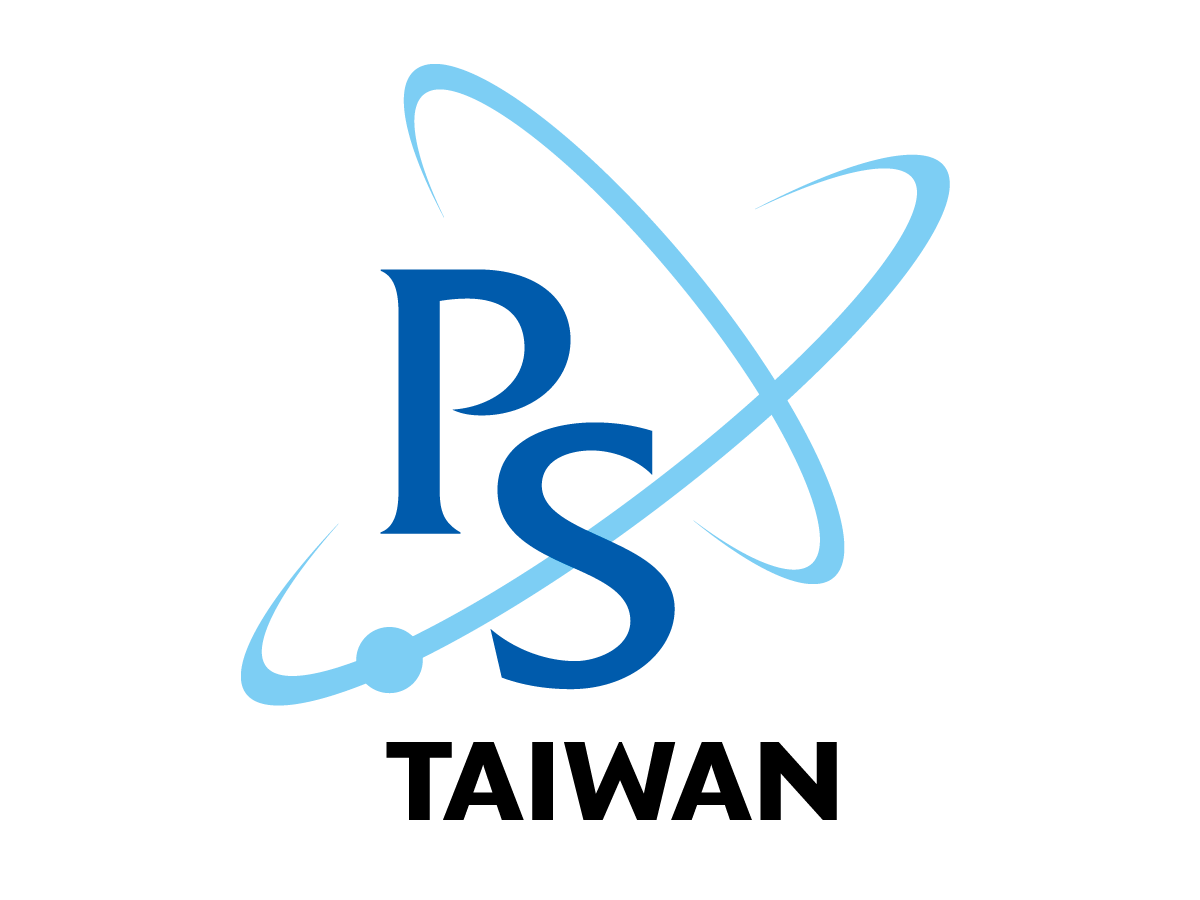
東海大學應用物理系徵才公告
東海大學應用物理學系誠徵專任教師1名 一、擬聘職級/員額:助理教授級(含)以上,1名。二、起聘日:預計最快2024年8月1日。三、專長需求:物理相關領域之博士學位,且具英語授課能力。四、申請應備文件:個人履歷(含自傳、學經歷「請加註起迄年月」、附照片、聯絡電話及電子郵件地址)。最高學歷證明影本。完整著作目錄,並檢附最近三年內具代表性之論文全文。授課計畫。研究計畫。推薦信二封(其中一封推薦人,除特殊情況外,必須為博士論文指導教授),以掛號郵寄或E-mail,兩者擇一。請至下列網址 https://ithu.tw/thuphys2023 填寫應徵基本資料。五、相關應徵文件請務必分別以「E-mail」及「掛號」寄送至以下收件資訊::應徵者請檢具第1~5項文件,依序合併為單一PDF檔,E-mail寄送至 flchen@thu.edu.tw ,主旨處請註明「應徵應用物理學系教職(姓名)」。請掛號郵寄至:407224台中市西屯區臺灣大道四段1727號 東海大學人事室收,請註明「應徵應用物理學系教職(姓名)」,應徵文件恕不退還。六、聯絡人:陳小姐/TEL:(04)23590121#32101/E-mail:flchen@thu.edu.tw。七、截止日期:2024年2月18日(星期日),以郵戳/Email寄達日期為憑。補充:更多完整資訊請至東海應物系網頁-最新消息公告查看:https://phy2.thu.edu.tw/web/news/detail.php?cid=6&id=739
徵才訊息 / 2024-01-18
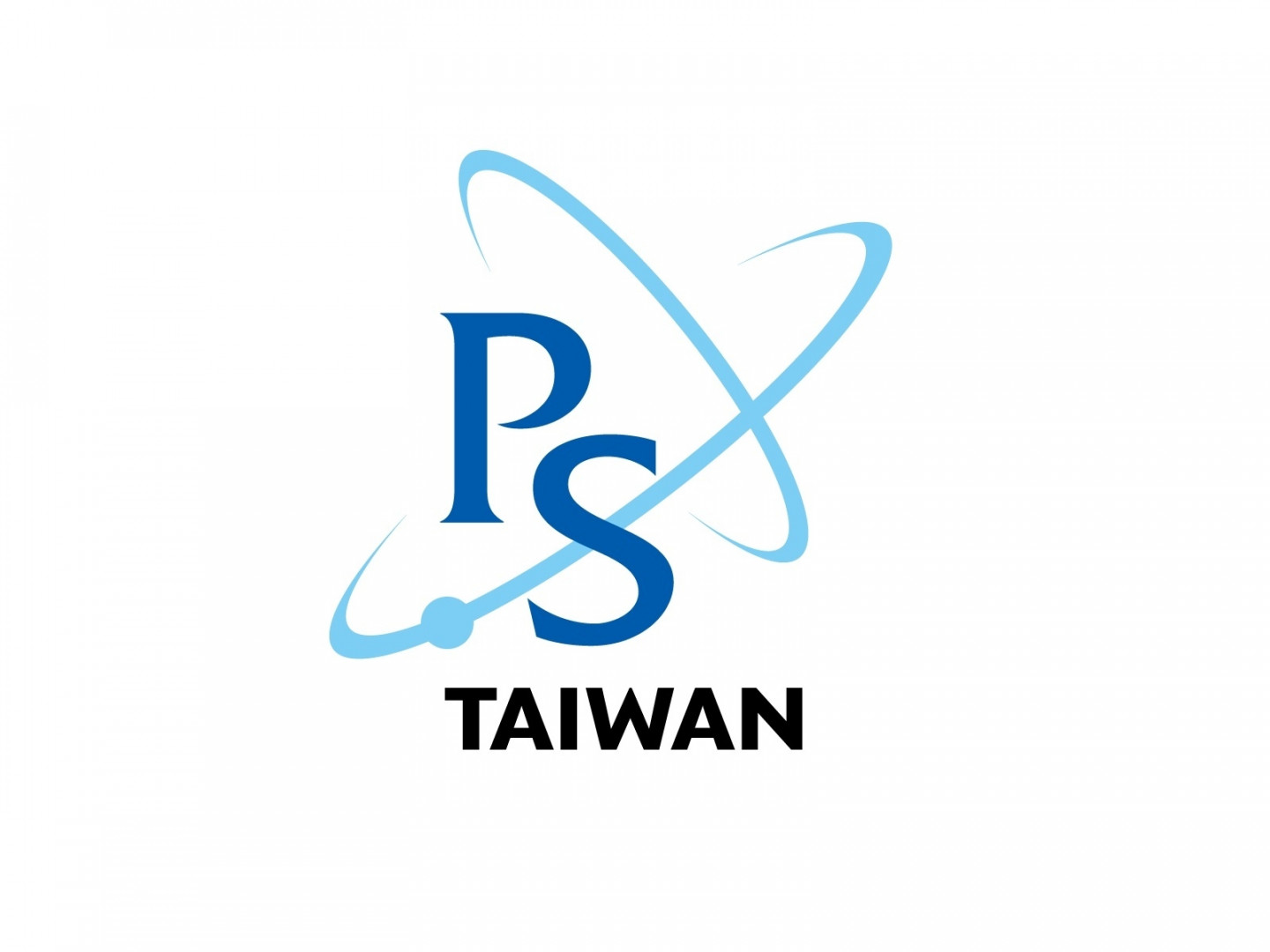
台灣物理學會 物理多元人才培育交流聚會申請補助辦法
宗旨: 台灣物理學會為建立加強物理界的多元/女性支持網絡,設立本補助辦法提供經費,支持舉辦多元人才培育的交流會議,期待能藉此促進物理學科及社群的多元發展。本辦法主要的推廣目標為物理社群中的多元性和性別平衡,提供各年齡群的夥伴聯絡網,促進交流與合作。我們致力於提高女性學生/教師/研究員對物理社群的理解和參與,建立物理多元/女性相互支持的聯絡網、促進研究合作、推廣多元包容和性別平等的概念,並為多元族群拓寬通往物理的途徑。
學會公告 / 2024-01-10
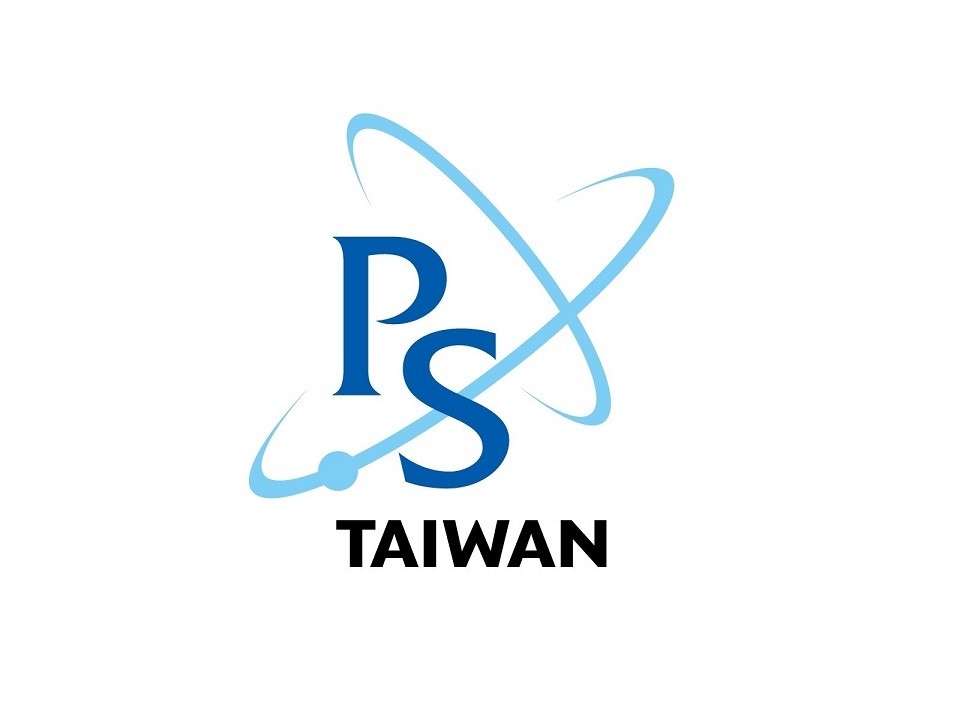
56屆理監事當選名單
學會公告 / 2023-12-29
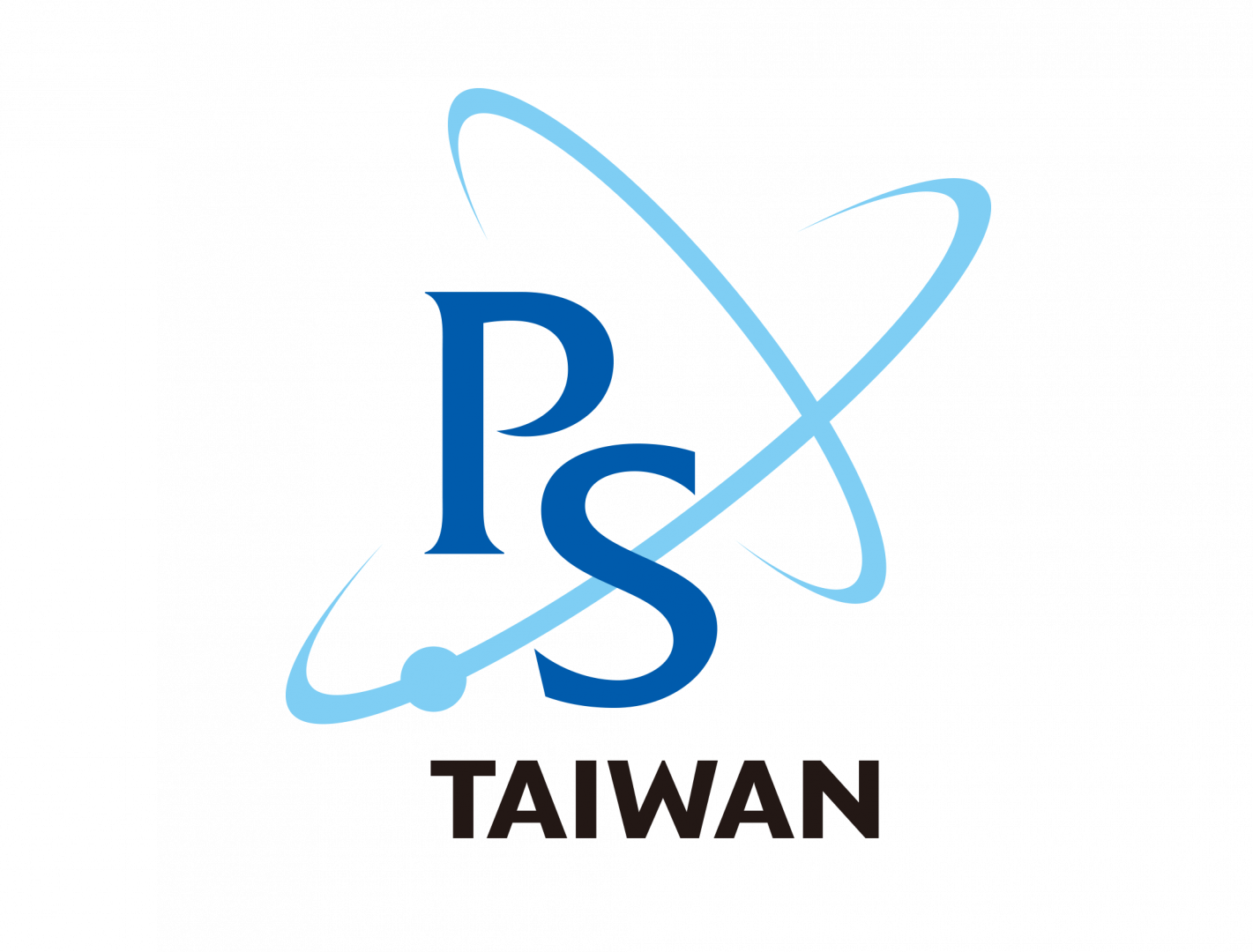
2023台灣物理學會各類獎項得獎名單
2023台灣物理學會各類獎項得獎名單。
學會公告 / 2023-12-19
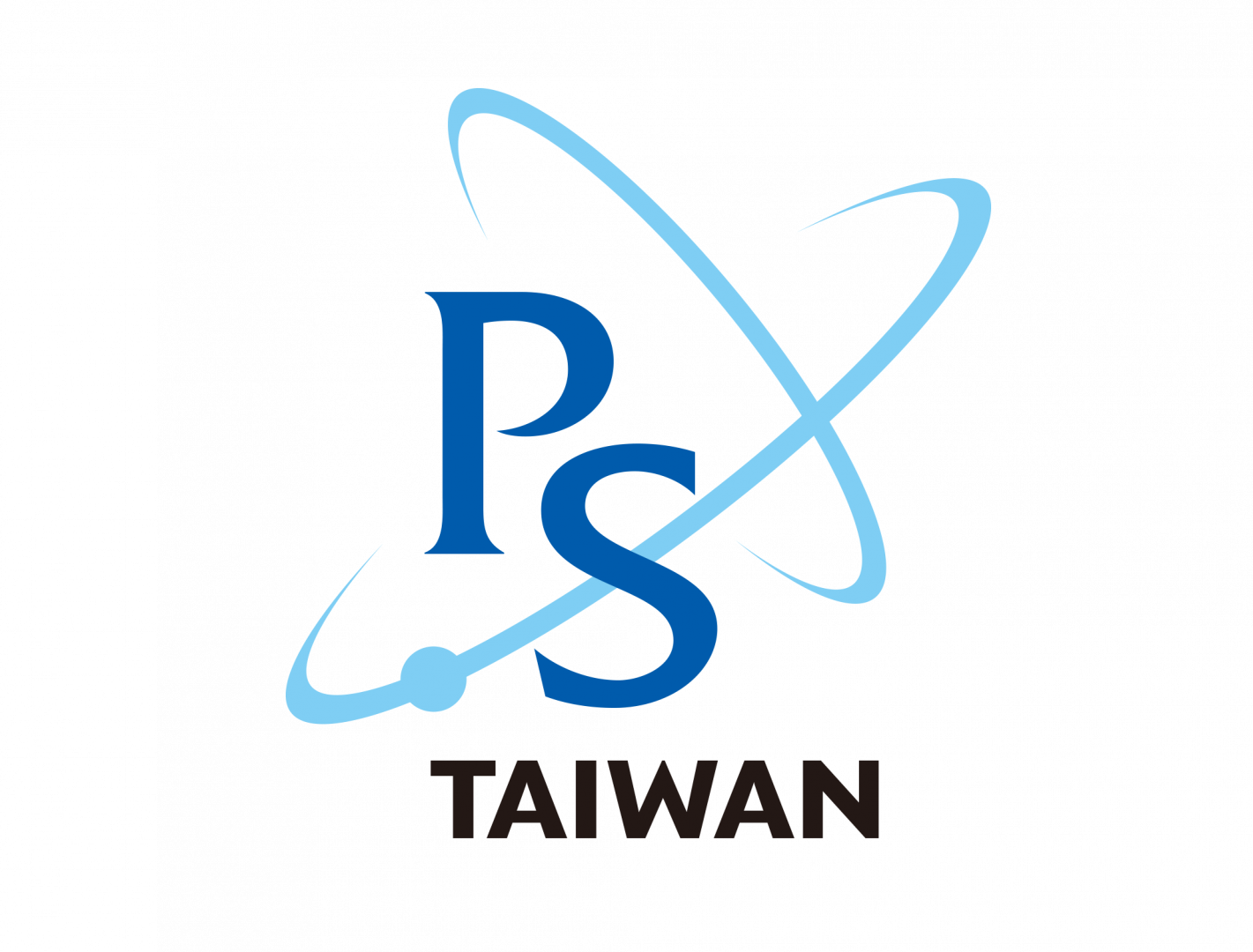
中央研究院 物理研究所公開徵求研究所所長
公告主旨:中央研究院 物理研究所公開徵求研究所所長 公告單位: 中央研究院 物理研究所職務名稱 : 所長 工作內容 :中央研究院正在徵求物理研究所所長人選。鼓勵能展現在相關領域卓越領導力和研究推廣能力的應徵者申請。中研院物理所致力於前沿物理研究,探索和理解我們周圍的物理世界,並創造新知識、材料和技術,致力於科學發展推動並造福社會。目前的研究方向可分為量子材料物理、中高能物理及生物與動態系統三大主流。詳細介紹可參考網頁(https://www.phys.sinica.edu.tw/index cht.php )應徵資格:國內外物理科學相關專長之教授、研究員。具有卓越的學術聲譽、豐富的大學和專業服務經驗、有能力規劃進行大型研究計畫,並能發揮機構現有實力,促進研究團隊間的合作,在台灣的基礎科學研究中擔當重要領袖。應備文件/申請方式:有意申請者請於113年01月31日前,檢具詳細履歷資料、自我推薦信、研究著作目錄、三封推薦信,Email至「中央研究院物理研究所 所長遴選委員會」(mlhong@gate.sinica.edu.tw )。工作地點:中央研究院 物理研究所 (台北市南港區研究院路二段128號)參考網站:https://www.phys.sinica.edu.tw/index.phphttps://www.phys.sinica.edu.tw/brochure/2023 c.php聯絡方式:洪敏玲Email: mlhong@gate.sinica.edu.tw電話: 02-27896750地址: 中央研究院 物理研究所 (台北市南港區研究院路二段128號)
徵才訊息 / 2023-12-15
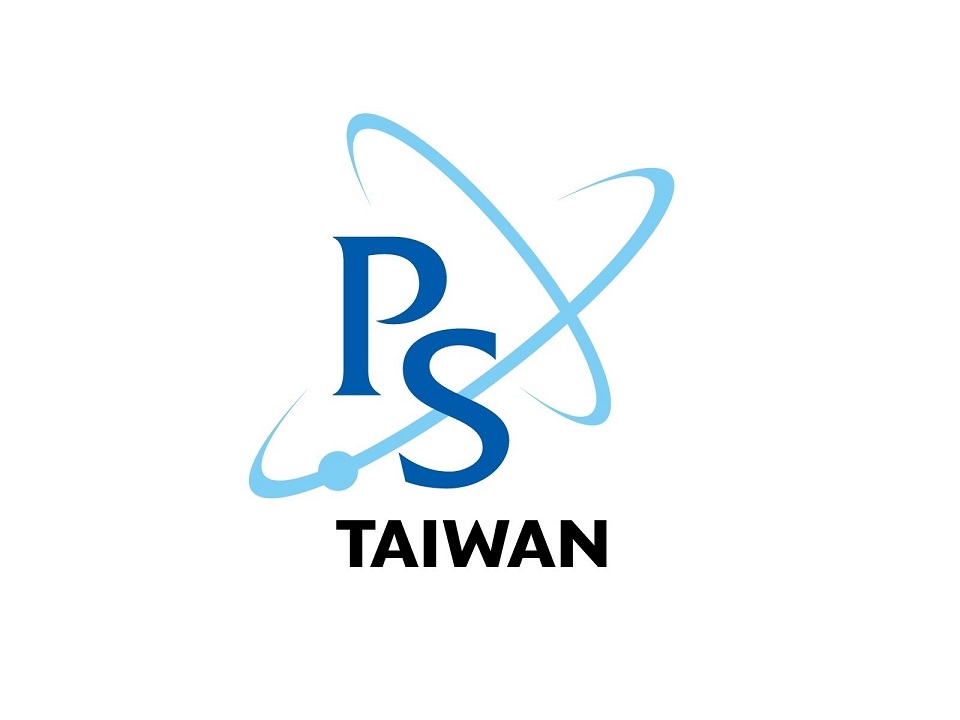
國立臺灣大學凝態科學研究中心公開徵求中心主任
公告主旨:國立臺灣大學凝態科學研究中心公開徵求中心主任公告時間:112年11月22日公告內容:國立臺灣大學凝態科學研究中心公開徵求中心主任。歡迎具高度服務熱忱、豐富研究經驗之學者申請。一. 候選人資格:(一)國內外凝態科學相關專長之教授、研究員。(二)任期初始時未滿六十二歲。(三)具學術聲望、領導與行政能力者,將優先考慮。二. 任期:民國113年8月1日起3年,經中心事務會議通過後得續任一次。三. 申請方式:(一) 請檢具詳細履歷資料、研究著作目錄、三封推薦信。(二) 有意申請者請於113年01月05日前將申請資料逕寄至「106台北市大安區羅斯福路4段1號凝態物理館「國立臺灣大學凝態科學研究中心中心主任遴選委員會」收或Email:cwli1828@ntu.edu.tw,相關聯絡人周蔚伶小姐,聯絡電話:02-3366-5201(三) 相關網址:http://www.ntu-ccms.ntu.edu.tw/
徵才訊息 / 2023-11-24
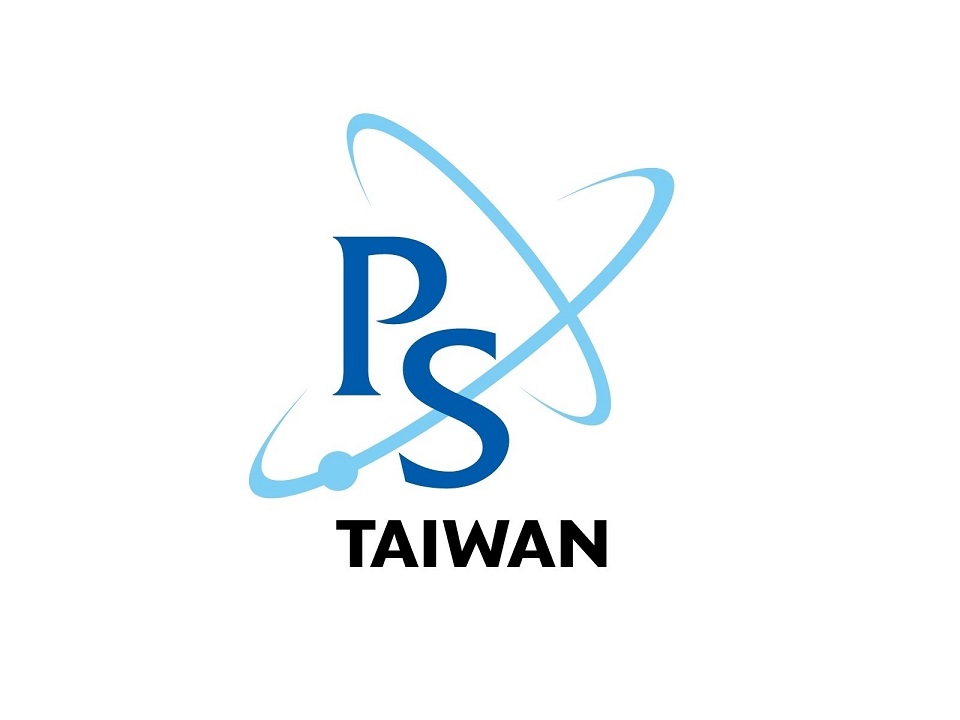
2024 Annual Meeting of the Physical Society of Taiwan
Deadline for early bird discount registration
24:00, November 30, 2023Deadline for online registration
24:00, January 14, 2024Registration cancellation and refund deadline
24:00, December 22, 2023
Registration fee waiver application deadline
24:00, December 22, 2023Deadline for upload of poster video link:
24:00, January 17, 2024Webpage: https://tps2024.conf.tw/site/page.aspx ... &sid=1538&lang=en
24:00, November 30, 2023Deadline for online registration
24:00, January 14, 2024Registration cancellation and refund deadline
24:00, December 22, 2023
Registration fee waiver application deadline
24:00, December 22, 2023Deadline for upload of poster video link:
24:00, January 17, 2024Webpage: https://tps2024.conf.tw/site/page.aspx ... &sid=1538&lang=en
物理年會 / 2023-11-18
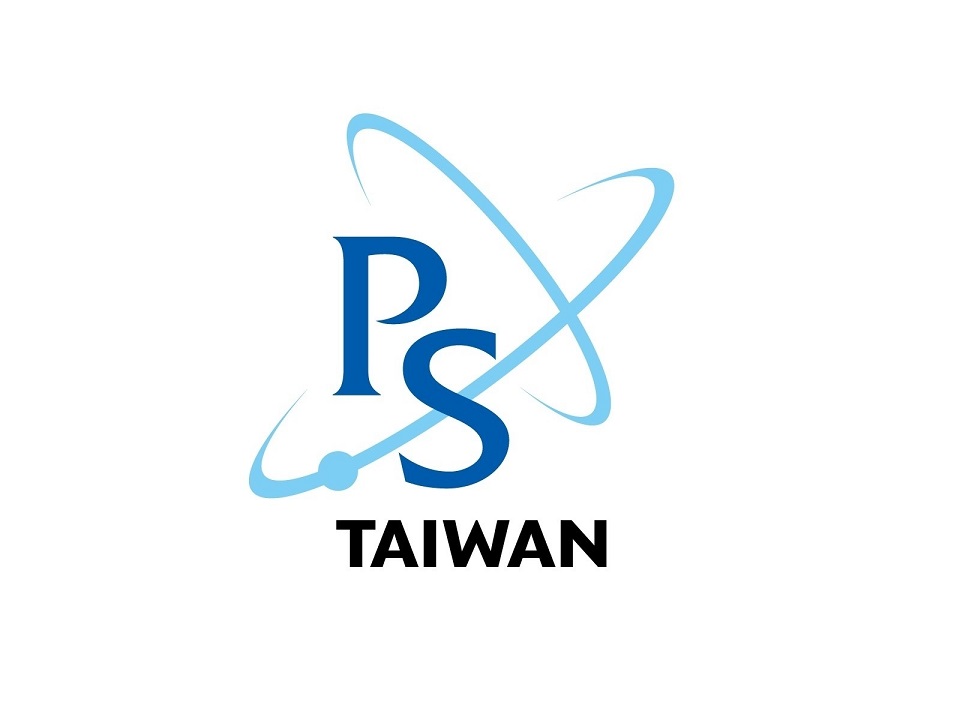
國立臺灣師範大學物理系 古煥宇助理教授 誠徵 『博士後研究員』
【職缺單位】 師範大學 物理系 古煥宇助理教授【職缺名稱】 博士後研究員【研究團隊以及計畫簡介】 執行國科會個人型計劃:量子資源純化理論,此研究團隊聚焦於量子資訊,量子資源理論以 及量子純化理論。此計劃將探討如何對量子糾纏、非局域性、通道、量測…..進行資源理論 量化及純化。將處理許多最佳化過程之問題。 目前研究團隊還十分年輕,但和國際國內許多團隊都有深入的合作關係。
【徵求條件】 1. 學歷背景可涵蓋但不限於物理、數學、資訊工程等理工相關科系之博士 學位。 2. 具有量子資訊背景、量子糾纏和非局域性背景之研究經驗者尤佳。 3. 具有學術熱忱並勇於挑戰。 4. 認真負責、積極主動。 5. 具備國際學術期刊英文撰寫能力與英文專業溝通能力。
【工作內容】 執行國科會計畫,進行理論推導以及數值模型建立,幫忙帶領團隊成員,以及期刊論文發表 和計劃撰寫。
【聘期】 起聘日到2025年07月31日。(每年審核研究表現決定續聘)
【待遇】 依據師範大學各職級研究人員敘薪規定辦理,可依資歷調整薪資。
【上班時間】 依本校相關規定辦理。休假依本校約用人員工作規則辦理。
【上班地點】 國立台灣師範大學公館校區
【應徵方式】 採隨到隨審之方式,請將下列資料以PDF檔email寄至huan.yu@ntnu.edu.tw 1.個人簡歷 2.詳細個人履歷 3.完整著作目錄(含代表作1-2篇) 4.最高學歷證書影本(※如持國外學歷者,投遞時須檢附經駐外單位驗證通過之證明文件 ;如屬大陸地區學歷者,須檢附教育部頒發之學歷認定函) 6.其他有利審查資料(例如:論文代表作) 信件標題為 「應徵博士後研究員 (姓名)博士」,合格者將盡快通知 安排面試,如資格不符或未獲錄取時,恕不另行通知。自發布招聘通知日起至招滿為止。
【徵求條件】 1. 學歷背景可涵蓋但不限於物理、數學、資訊工程等理工相關科系之博士 學位。 2. 具有量子資訊背景、量子糾纏和非局域性背景之研究經驗者尤佳。 3. 具有學術熱忱並勇於挑戰。 4. 認真負責、積極主動。 5. 具備國際學術期刊英文撰寫能力與英文專業溝通能力。
【工作內容】 執行國科會計畫,進行理論推導以及數值模型建立,幫忙帶領團隊成員,以及期刊論文發表 和計劃撰寫。
【聘期】 起聘日到2025年07月31日。(每年審核研究表現決定續聘)
【待遇】 依據師範大學各職級研究人員敘薪規定辦理,可依資歷調整薪資。
【上班時間】 依本校相關規定辦理。休假依本校約用人員工作規則辦理。
【上班地點】 國立台灣師範大學公館校區
【應徵方式】 採隨到隨審之方式,請將下列資料以PDF檔email寄至huan.yu@ntnu.edu.tw 1.個人簡歷 2.詳細個人履歷 3.完整著作目錄(含代表作1-2篇) 4.最高學歷證書影本(※如持國外學歷者,投遞時須檢附經駐外單位驗證通過之證明文件 ;如屬大陸地區學歷者,須檢附教育部頒發之學歷認定函) 6.其他有利審查資料(例如:論文代表作) 信件標題為 「應徵博士後研究員 (姓名)博士」,合格者將盡快通知 安排面試,如資格不符或未獲錄取時,恕不另行通知。自發布招聘通知日起至招滿為止。
徵才訊息 / 2023-11-10
